According to information from Bach Mai Hospital in Hanoi, recently, the Tropical Disease Center of this hospital has received and treated many cases of chickenpox.
Unfortunately, there was a case of death at the age of 32. That sounded the alarm bell for everyone not to be subjective, need to know how to prevent and recognize early signs of the disease.

Many people with chickenpox get seriously ill, so don't be subjective (photo TL).
Sharing about the case of a 32-year-old man who died from chickenpox, Mr. Do Duy Cuong, Director of the Center for Tropical Diseases, said: Through medical history, he was a healthy young man.
Yet just 4 days after symptoms appeared, the patient died.
According to information provided by the patient's family, the patient contracted chickenpox because the patient's son had chickenpox and had just been cured a few days ago.
Initially, the patient had blisters on his forehead, which then spread to his chest. The patient went to a private clinic for examination and treatment, but it was unclear what disease he had.
Two days later, the patient developed fatigue and difficulty breathing and was admitted to the provincial hospital for treatment. After two days of treatment, the condition worsened and the patient was transferred to the Emergency Center, Bach Mai Hospital on April 23.
At 6:00 p.m. the same day, the patient was transferred to the Tropical Disease Center, Bach Mai Hospital with a diagnosis of chickenpox with complications of severe pneumonia, acute liver failure, thrombocytopenia, and blood clotting disorder.
Associate Professor Cuong said: "The symptoms progressed very quickly, the patient had a continuous high fever, respiratory failure, multiple organ failure, rapid heart rate, myocarditis, and impaired consciousness.
Despite receiving intensive care, the patient died at around 4 a.m. on April 24 (less than 12 hours after being admitted to the hospital).
Doctor Do Duy Cuong commented: Chickenpox in healthy people often causes blisters on the skin and will heal after 1-2 weeks without leaving any sequelae.
Cases with severe complications causing pneumonia, encephalitis, and multiple organ failure often occur in immunocompromised individuals or those with underlying diseases using immunosuppressive drugs.
In addition to the male patient who died above, the Tropical Disease Center has recently received many other chickenpox patients admitted to the hospital during this period.
Among them, there are two cases of female patients in quite serious condition who are still being treated at the hospital: one case is a pregnant woman, the other case is a young female patient with a history of using corticosteroids.
In terms of pathology, Mr. Do Duy Cuong said: Chickenpox is an infectious disease caused by the Varicella zoster virus (VZV), the disease is mainly transmitted through the respiratory tract. Therefore, most cases of healthy people getting chickenpox are due to contact with sick people through the air, such as inhaling droplets of saliva when the patient coughs, sneezes, or contact with fluid from blisters.
The disease is common in children or in adults if they have not been vaccinated.
Adults who are not immune when exposed to sick people are also susceptible to infection and tend to have more severe symptoms than children.
Many studies show that about 90% of people who are not immune to chickenpox will get the disease if they come into contact with an infected person. Chickenpox can be contagious for 1-2 days before the blisters appear, until the blisters dry up and flake off.
In addition, chickenpox can also be transmitted from mother to child. Pregnant women with chickenpox can transmit the disease to the fetus through the placenta or after childbirth.
Chickenpox usually occurs sporadically throughout the year, but appears more in winter and spring. The incubation period is usually from 2 to 3 weeks. After incubation, the disease begins its initial stage with common symptoms of chickenpox such as: fever, headache, fatigue, rash.
In the acute phase, symptoms are usually high fever, headache, loss of appetite, fatigue, nausea, muscle pain. Typically, blisters with a diameter of 1 - 3 mm appear all over the body, concentrated on the face, trunk and then spread to the whole body, even appearing in the oral mucosa, causing itching, burning, and discomfort for the patient.
If there are no complications, the recovery period of chickenpox is usually 7-10 days. At that time, the blisters will gradually dry, flake off, the skin will darken and return to normal without leaving scars.
During this period, special attention should be paid to body hygiene to avoid infection of the blisters leading to scarring.
In severe cases, the blisters will be larger. When infected, the blisters will be cloudy due to containing pus. In cases of chickenpox complications, it can cause pneumonia, encephalitis, hepatitis, etc.
In particular, pregnant women with chickenpox in the first 3 months of pregnancy are at risk of miscarriage, or the baby may have some birth defects when born... Doctor Cuong emphasized: Patients with weak immune systems, taking corticosteroids, cancer treatment drugs, or undergoing radiation therapy when having chickenpox are more likely to become severe and have complications.
In addition, healthy people should not be subjective. When sick, they need to go to a medical facility for timely diagnosis and treatment by a specialist.
According to Associate Professor Do Duy Cuong, currently there is a specific treatment for chickenpox virus, Acyclovir, but it needs to be treated early in the first days to be effective. In addition, use symptomatic drugs such as fever reducers, apply antiseptic solutions to dry blisters to avoid secondary infection (methylene blue), keep the body clean to avoid secondary infection complications, and do not need to abstain from many things (avoid wind, avoid water, ...).
It is important that patients monitor and promptly detect complications, maintain hygiene and avoid self-medication that can make the disease worse such as Corticoids.
The most effective way to prevent chickenpox today is vaccination. Children can start getting vaccinated from 12 months of age or at any age after that when possible.
For women planning to have children, they should get vaccinated against chickenpox at least 3 months before getting pregnant. “Currently, vaccines are readily available, and children and adults can be vaccinated according to instructions.
However, perhaps because of subjectivity or because the vaccine is expensive (about 700,000 VND/dose), many people delay getting vaccinated, which is very dangerous," Associate Professor Do Duy Cuong warned.
When a patient has chickenpox, they need to take 7 to 10 days off from school or work from the time the disease first appears to avoid spreading it to those around them.
Source


![[Photo] Summary of parade practice in preparation for the April 30th celebration](https://vstatic.vietnam.vn/vietnam/resource/IMAGE/2025/4/11/78cfee0f2cc045b387ff1a4362b5950f)

![[Photo] Looking back at the impressive moments of the Vietnamese rescue team in Myanmar](https://vstatic.vietnam.vn/vietnam/resource/IMAGE/2025/4/11/5623ca902a934e19b604c718265249d0)
![[Photo] "Beauties" participate in the parade rehearsal at Bien Hoa airport](https://vstatic.vietnam.vn/vietnam/resource/IMAGE/2025/4/11/155502af3384431e918de0e2e585d13a)


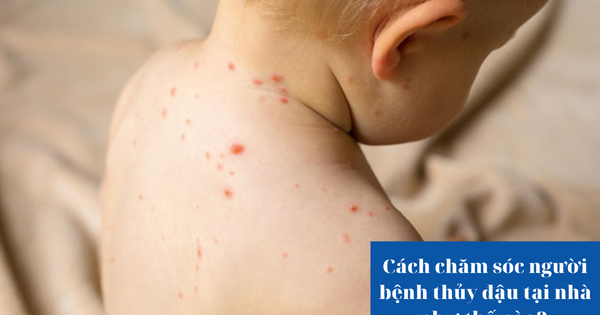







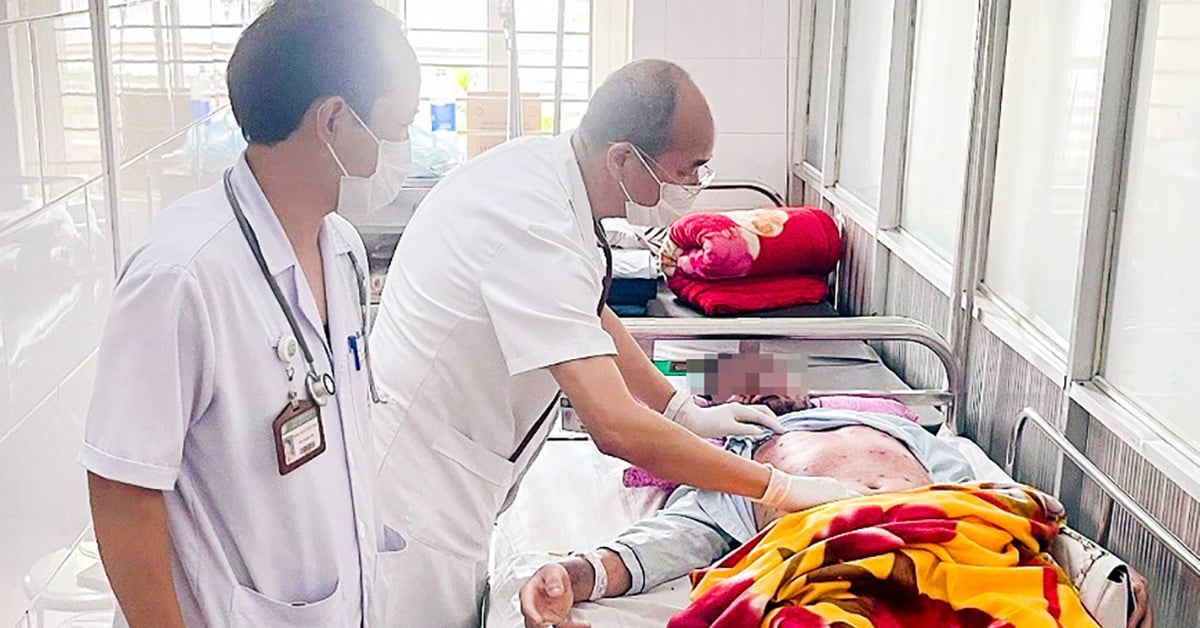
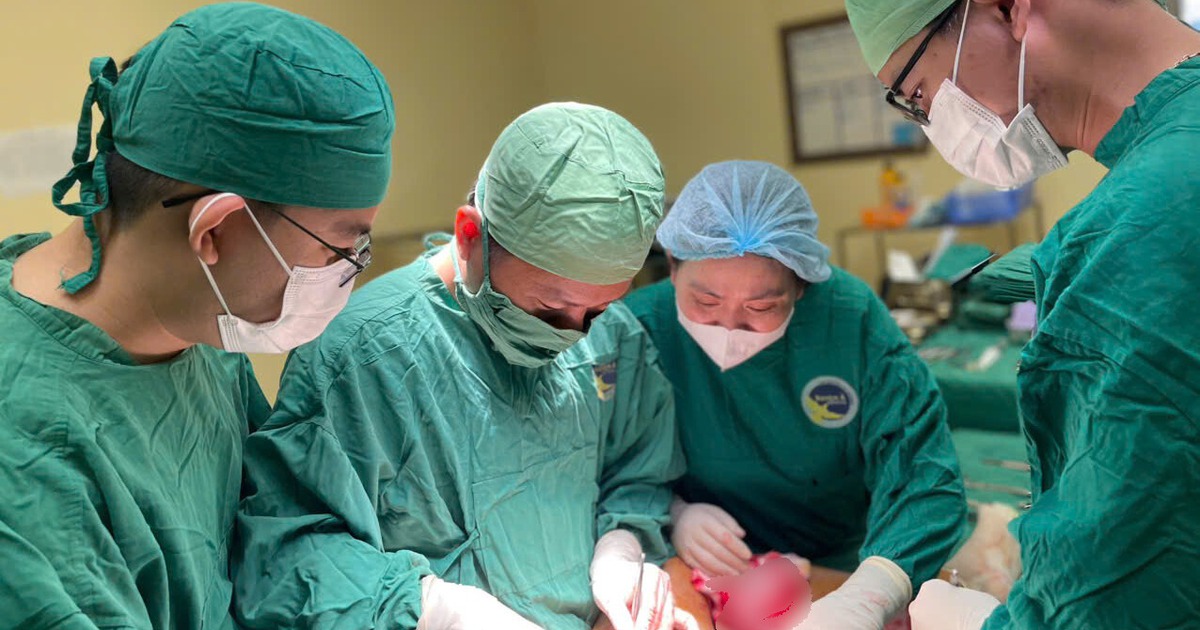
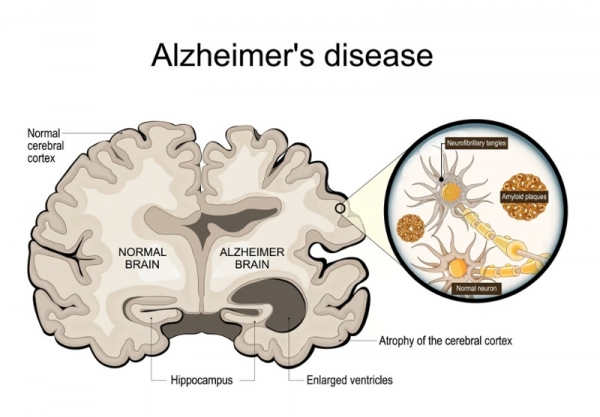

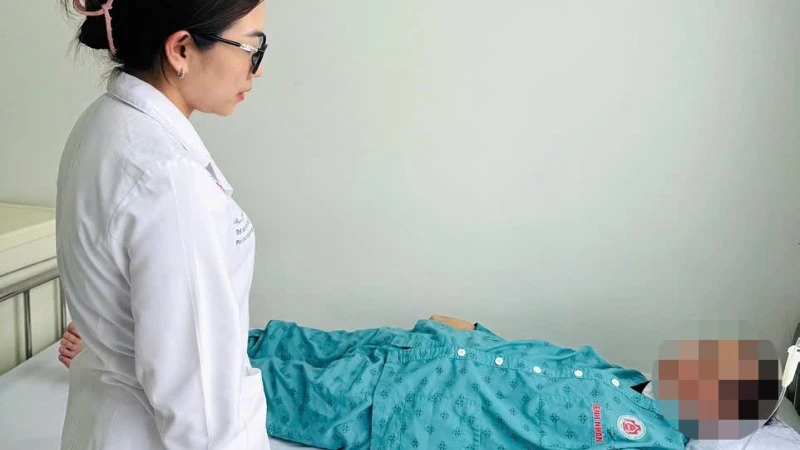

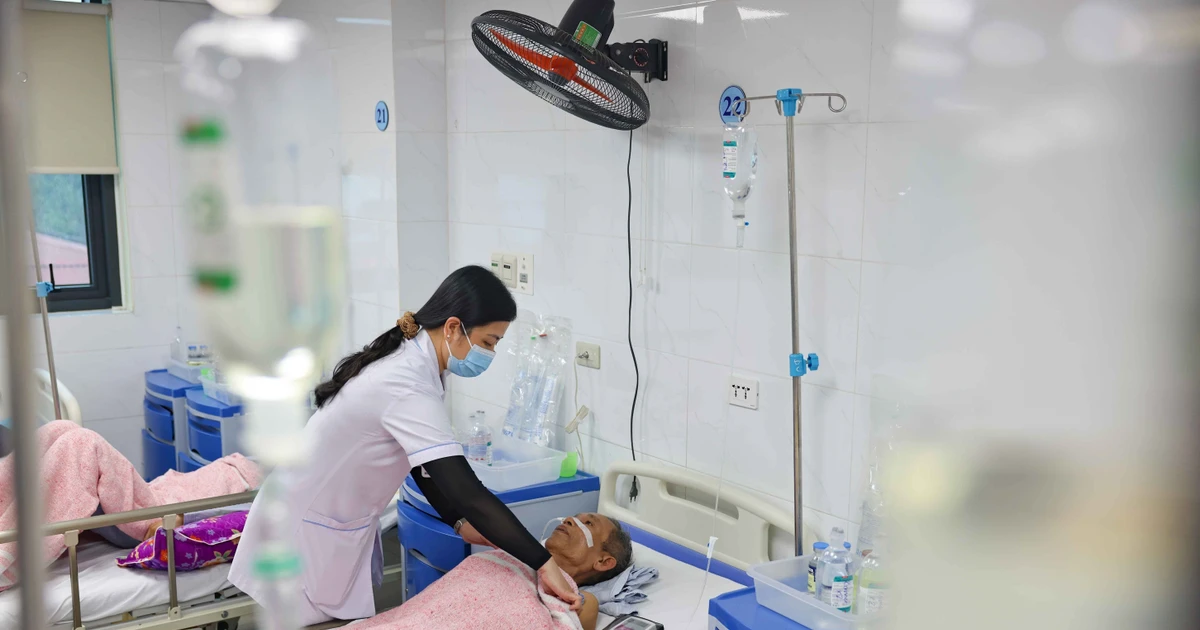









































































Comment (0)